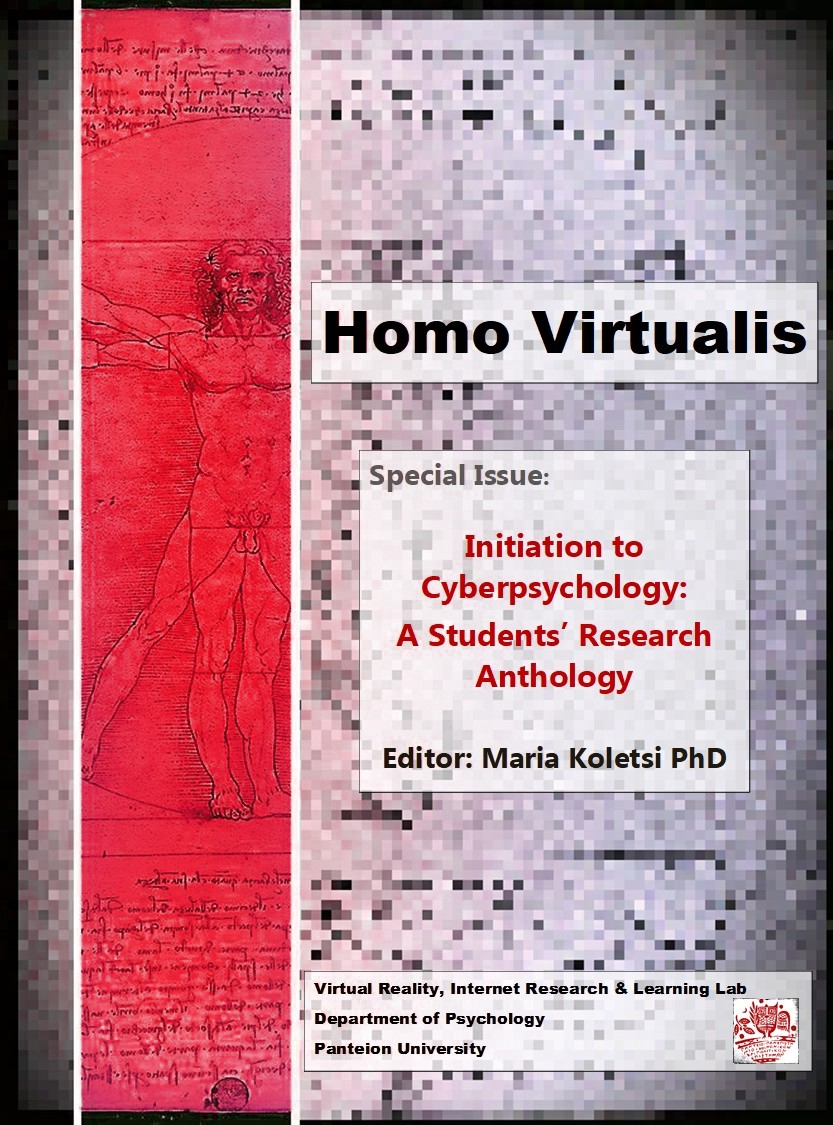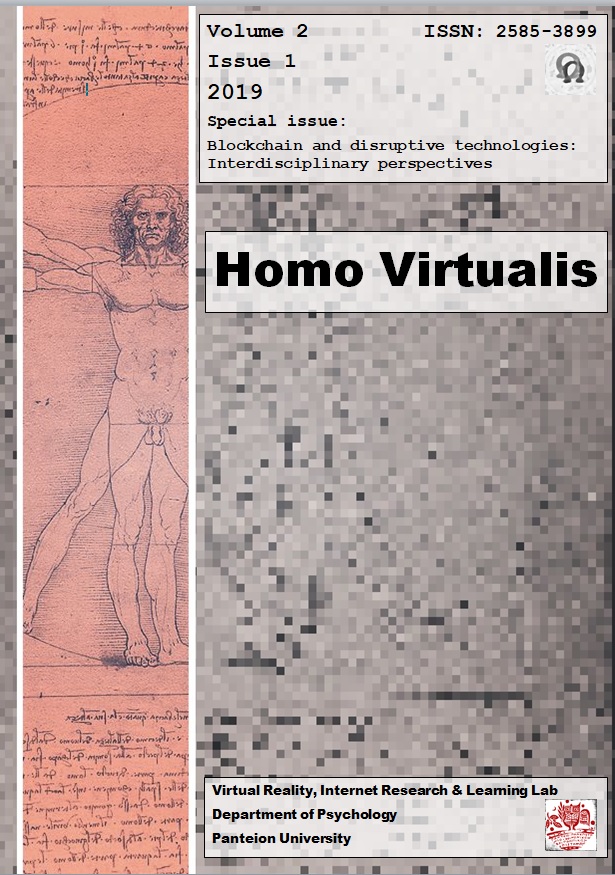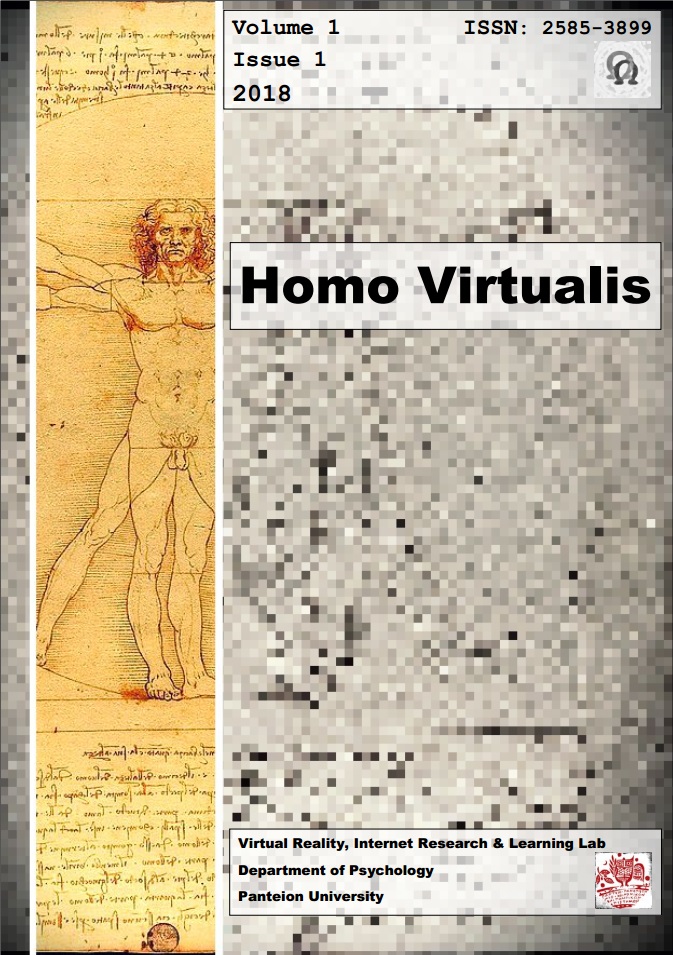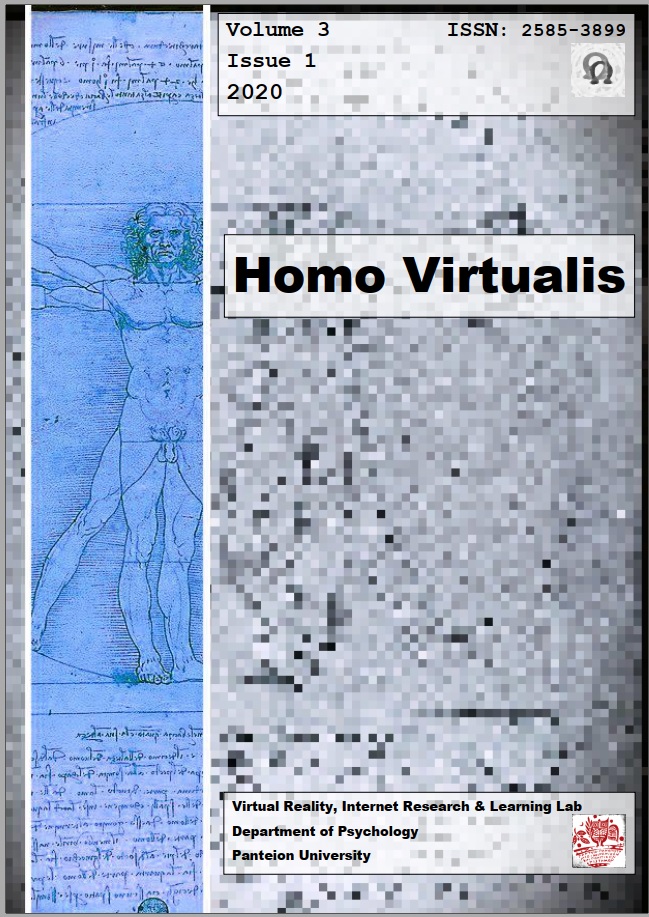Psychology and Cybernetics

Abstract
Cyberpsychology is an emerged field in Social Sciences concerned with control and communication of humans and machines focusing on Psychology and Communication Studies. In its generalized form operates as a thematic “umbrella” for all branches of Psychology and Communication employing different methodologies, methods and techniques related to interactive, cognitive and behavioral phenomena that are observed on the internet and social media. As a special science, in the form of Cybernetic Psychology, is focusing on the mechanisms of cognitive control of perception, information and behavior. It targets the programmable simulation of these phenomena; their algorithmic representation and the feedback learning processes that allow adaptation in cyberspace. Issues as integration of everyday life in digital context, management in governance, problem-solving in human-machine interaction, consulting and therapy assistance to practitioners, establish Cyberpsychology and Cybernetic Psychology as areas that contribute and furthering the scientific knowledge of successful or failed human evolutionary processes and strategies. Homo Virtualis as cybernetic organism seeks to maintain and strengthen control over itself, the others and machines, in digital environments, through cognitive, behavioral and affective processes. The paper attempts an introduction to questions regarding the dimensions of the ontological basis of Cybernetic Psychology as foundation of general Cyberpsychology. The special issue “Initiation to Cyber-Psychology: A Students’ Research Anthology” is dedicated to the work of undergraduate students of the Psychology Department of Panteion University of Social and Political Sciences. Students’ papers were prepared within the “Cyberpsychology” course, taught, for the first time as a compulsory, during the spring semester of the academic year 2020-2021.
Article Details
- How to Cite
-
Koletsi, M. (2022). Psychology and Cybernetics. Homo Virtualis, 5(1), 1–11. https://doi.org/10.12681/homvir.30312
- Section
- Editorial

This work is licensed under a Creative Commons Attribution 4.0 International License.
Authors who publish with this journal agree to the following terms:
· Authors retain copyright and grant the journal right of first publication with the work simultaneously licensed under a Creative Commons Attribution License that allows others to share the work with an acknowledgement of the work's authorship and initial publication in this journal.
· Authors are able to enter into separate, additional contractual arrangements for the non-exclusive distribution of the journal's published version of the work (e.g. post it to an institutional repository or publish it in a book), with an acknowledgement of its initial publication in this journal.
· Authors are permitted and encouraged to post their work online (preferably in institutional repositories or on their website) prior to and during the submission process, as it can lead to productive exchanges, as well as earlier and greater citation of published work.





